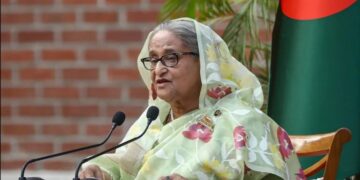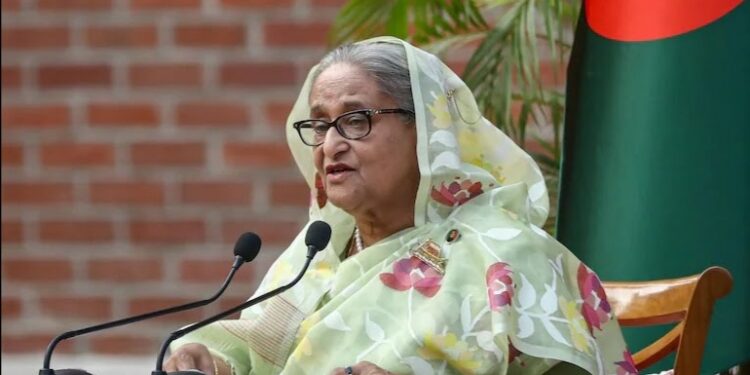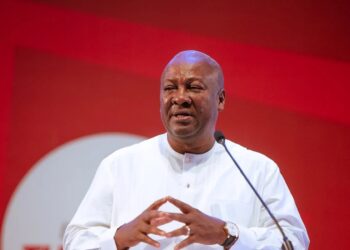By Enyichukwu Enemanna
Prime Minister of Bangladesh, Sheikh Hasina, has resigned from office after weeks of deadly protests in the South Asian country.
She also fled her country to India, a report confirmed by the army and officials from the Bangladesh High Commission on Monday in Delhi said.
She along with her sister took a military helicopter to India, the country’s leading national newspaper reports.
They are seeking “safe shelter” away from her official residence, Reuters said in a report.
Hasina has been in office since 2009.
The protests, which began peacefully in early July, were initiated by university students demanding the abolition of civil service job quotas, a third of which are reserved for relatives of veterans from Bangladesh’s 1971 war for independence from Pakistan.
The protesters argued that the quota system was discriminatory and called for its overhaul.
Although their initial demands were largely met, the protests have since evolved into a broader anti-government movement.
Hasina, however, remained defiant, labeling the demonstrators as “terrorists who are out to destabilize the nation.”
Meanwhile, the United Nations has condemned the “shocking violence” and called for restraint from both Bangladeshi politicians and security forces.
Since the demonstrations began, around 300 people have died, with at least 94 fatalities recorded on Sunday alone, including 13 police officers.
Africa has also witnessed a wave of social unrest in recent times.
A high court in Ghana approved a request by the police to ban a handful of organisations from carrying out protests planned between July 31 and August 6 after the police said it lacked the personnel necessary to provide security as officers have been deployed to political rallies amid election campaigning for elections.
Some civil society groups had planned embark on a street demonstration against the escalating cost-of-living in the West African nation.
Kenya was one of the earliest countries to be hit by the wave of protest, where over 50 people were killed and nearly 700 arrested in a police crackdown on demonstrations since mid-June.
Young persons began taking to the streets to oppose tax increases proposed by President William Ruto. It later snowballed, leading to the sack of cabinet members by Ruto to reduce governance cost.
In Uganda, young persons took to the streets to protest against alleged corruption and demanded the resignation of the parliament speaker.
Police there shut down a march and arrested more than 70 people, according to a legal aid organisation.
In Nigeria, President Bola Tinubu ordered an end to anti-government protests tagged, #EndBadGovernance which seeks to draw the attention of government on the growing poverty in the country, high cost of goods and services and soaring prices of staple foods.
He instead urged the organisers to seek dialogue to end what he termed politically motivated demonstrations.




































